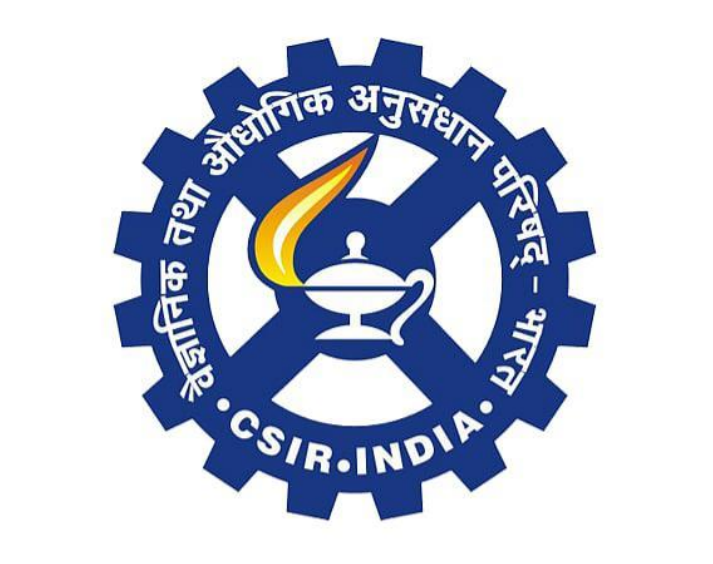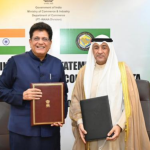CSIR Labs Join Hands to Boost Innovation and Entrepreneurship
Lucknow recently witnessed a landmark event in India’s innovation ecosystem as the Council of Scientific & Industrial Research (CSIR) organized a Startup Conclave bringing together research institutions, entrepreneurs, investors, and policymakers. The conclave was hosted by four prominent CSIR laboratories based in Lucknow—National Botanical Research Institute (NBRI), Central Drug Research Institute (CDRI), Indian Institute of Toxicology Research (IITR), and Central Institute of Medicinal and Aromatic Plants (CIMAP).
The event aimed at promoting technology transfer from lab to market while creating a fertile ground for startups to scale solutions in agriculture, floriculture, biotechnology, healthcare, and allied fields.
Focus on Technology Transfer for Real-World Impact
One of the central themes of the conclave was bridging the gap between scientific research and commercial applications. Traditionally, many research outcomes remain confined to laboratories due to lack of industry connect. CSIR, through this initiative, is actively working to transfer its patents, prototypes, and innovations to budding entrepreneurs and startups.
The labs showcased cutting-edge technologies in areas such as:
Agriculture and Floriculture – New crop varieties, biofertilizers, pest-resistant solutions, and high-yield aromatic plants.
Biotechnology – Affordable bio-based solutions for nutrition, health, and environment.
Healthcare – Drug formulations, phytopharmaceuticals, and diagnostic tools.
Environmental Solutions – Innovations for sustainable farming, waste treatment, and green chemistry.
This strong emphasis on commercializing science could empower startups to generate both economic value and social impact, particularly for rural and agrarian communities.
Empowering Startups Through Collaboration
The conclave acted as a platform for incubated startups from these CSIR labs to connect with potential investors, industry leaders, and government officials. It also provided entrepreneurs with insights into regulatory frameworks, intellectual property rights (IPR) management, and funding opportunities.
Dr. (Name Placeholder), Director of CSIR-NBRI, highlighted that “CSIR’s mission is not only to innovate but also to ensure that these innovations reach the common man through effective startup ecosystems and technology transfer mechanisms.”
For startups, especially in Tier-II and Tier-III cities, the conclave was a unique opportunity to access mentorship, government schemes, and market linkages—factors that are critical for scaling ventures.
Agriculture and Floriculture at the Core
A notable highlight was the focus on agriculture and floriculture innovations, sectors that are deeply tied to India’s socio-economic fabric. Startups working with CIMAP presented advances in aromatic plants and essential oils that have export potential, while NBRI showcased eco-friendly floriculture technologies that can enhance income for farmers and horticulturists.
These solutions are expected to empower agri-entrepreneurs to diversify their business models, add value to primary produce, and create new jobs in rural areas.
Driving Self-Reliance and ‘Atmanirbhar Bharat’ Vision
The CSIR Startup Conclave aligns with India’s Atmanirbhar Bharat (self-reliant India) initiative by encouraging indigenous technologies and reducing dependence on imports. Through tech transfer and startup collaboration, CSIR is contributing to:
Strengthening India’s bio-economy.
Supporting small and medium enterprises (SMEs).
Enabling rural entrepreneurship.
Creating export-ready technologies.
By connecting research institutions with market-oriented startups, the conclave strengthens India’s positioning as an innovation-driven economy.
Policy Support and Future Outlook
Government representatives at the conclave reaffirmed their commitment to supporting R&D-led entrepreneurship. With various funding schemes under the Ministry of Science & Technology and initiatives like Startup India, startups emerging from CSIR labs are likely to receive policy backing, seed capital, and incubation support.
Industry experts believe that such conclaves not only accelerate technology diffusion but also encourage cross-sector collaboration, ensuring that research outcomes are not limited to academic journals but translated into scalable businesses.
Looking ahead, CSIR plans to organize similar startup conclaves across its network of 37 laboratories nationwide, building a pan-India startup pipeline.
Conclusion: Science to Startup, Lab to Market
The CSIR Startup Conclave in Lucknow is a strong reminder that India’s future lies in leveraging science for entrepreneurship. By promoting technology transfer, incubation, and market linkages, CSIR is equipping startups with the tools to solve real-world challenges.
With agriculture, floriculture, biotechnology, and healthcare at the forefront, the conclave signals a new era of research commercialization where India’s scientific achievements transform into successful startups—driving economic growth, creating employment, and positioning the country as a global hub of innovation.










